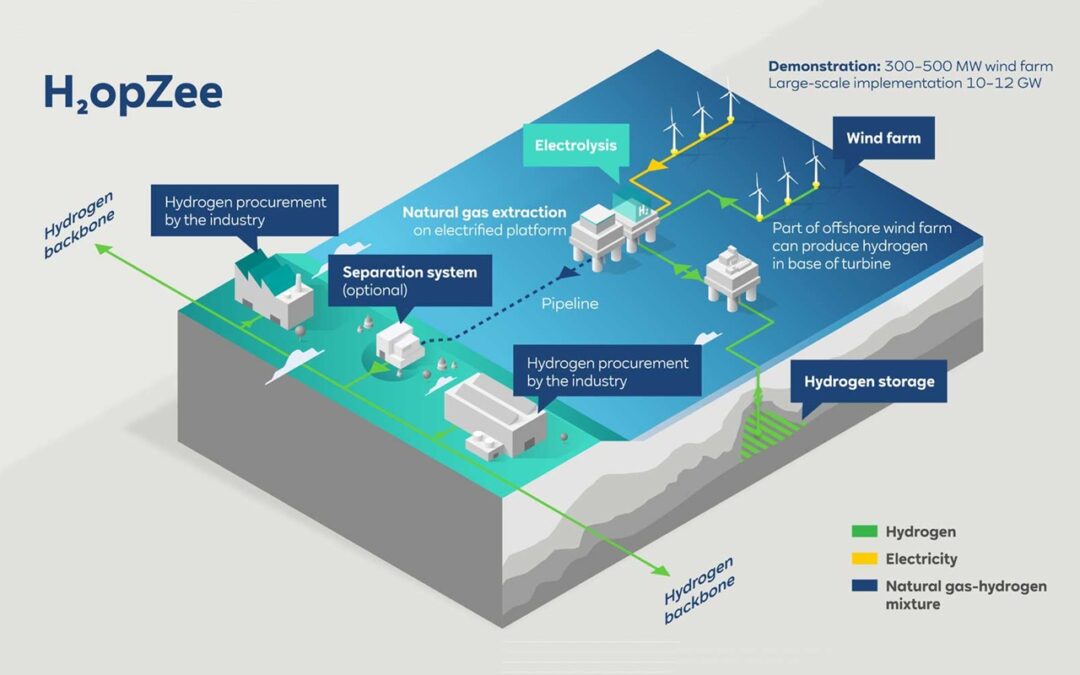Exploring Global Hydrogen Production: Current Trends and Outlook
Understanding the Landscape
Hydrogen production worldwide is experiencing significant growth and innovation, driven by increasing demand for clean energy solutions and decarbonization efforts across various industries. From transportation and industrial processes to energy storage and power generation, hydrogen plays a crucial role in advancing sustainability and reducing greenhouse gas emissions on a global scale.
Diverse Production Methods
Hydrogen can be produced through various methods, including steam methane reforming (SMR), electrolysis, and biomass gasification. SMR is currently the most common method, accounting for the majority of global hydrogen production. However, electrolysis, particularly renewable-powered electrolysis, is gaining traction as a cleaner and more sustainable alternative, harnessing renewable energy sources such as solar and wind to produce hydrogen without carbon emissions.
Key Players in the Market
Several countries and regions are leading the way in hydrogen production and innovation. Japan, for example, has been investing heavily in hydrogen infrastructure and fuel cell technologies, aiming to become a global hydrogen hub. Europe is also making significant strides in hydrogen production, with initiatives such as the European Clean Hydrogen Alliance and the Green Hydrogen for Europe strategy driving investment and collaboration across the continent.
Industrial Applications
Hydrogen is widely used in various industrial applications, including refining, ammonia production, and petrochemical processing. These industries rely on hydrogen as a feedstock or fuel, contributing to a significant portion of global hydrogen demand. As industries seek to reduce their carbon footprint and transition towards cleaner energy sources, there is growing interest in green hydrogen produced from renewable sources as a sustainable alternative to conventional hydrogen production methods.
Transportation and Mobility
Hydrogen fuel cell vehicles (FCVs) are gaining momentum as a zero-emission transportation solution, offering long-range capabilities and fast refueling times. Countries such as Japan, South Korea, and Germany are leading the adoption of FCVs, investing in hydrogen refueling infrastructure and supporting policies to incentivize consumer adoption. As the automotive industry shifts towards electrification and decarbonization, hydrogen fuel cells are expected to play a significant role in the future of transportation.
Energy Storage and Grid Stability
Hydrogen has the potential to serve as a crucial energy storage solution, helping to balance supply and demand in renewable energy systems. Excess renewable energy can be used to produce hydrogen through electrolysis, which can then be stored and converted back into electricity when needed. This flexibility and grid-stabilizing capability make hydrogen an attractive option for integrating intermittent renewable energy sources such as solar and wind into the grid.
Challenges and Opportunities
While the potential of hydrogen production worldwide is vast, there are challenges to overcome, including high production costs, infrastructure limitations, and technological barriers. However, these challenges also present opportunities for innovation, investment, and collaboration. Governments, industry stakeholders, and research institutions are working together to address these challenges and unlock the full potential of hydrogen as a clean and sustainable energy carrier.
Environmental Benefits
One of the key advantages of hydrogen production is its environmental benefits. When produced from renewable sources, hydrogen is completely emissions-free, offering a clean and sustainable alternative to fossil fuels. By reducing carbon emissions and air pollution, hydrogen production contributes to efforts to combat climate change and improve air quality, creating a healthier and more sustainable planet for future generations.
Looking Ahead
As the world transitions towards a low-carbon economy, hydrogen production worldwide is poised to play a pivotal role in shaping the future of energy. With ongoing advancements in technology, policy support, and market development, hydrogen has the potential to become a key enabler of sustainable development and a crucial component of the global energy transition.
Remember, to learn more about hydrogen production worldwide, visit ITCertsWin.






























